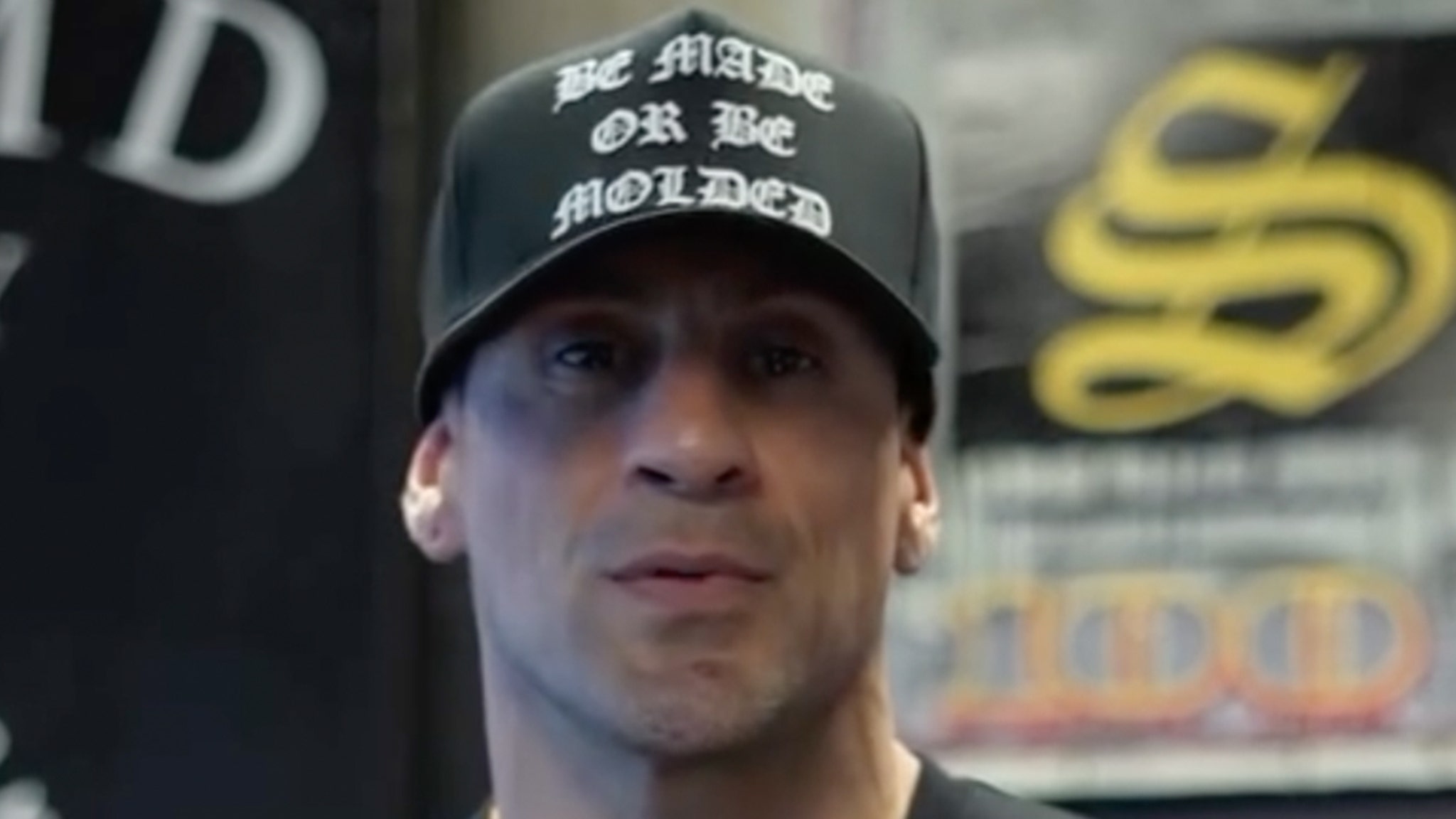Fashion
How Trump’s Tech Policies Will Impact Fashion

If there’s one word to describe Donald Trump’s approach to technology during his first term as US president, it’s “unpredictable.”
During his four years in office, Trump began proceedings to ban TikTok from the US (a move ultimately blocked by the courts), publicly attacked social-media companies for what he perceived as anti-conservative bias and launched an antitrust investigation of Google (which he also accused of bias against him).
Now, as Trump returns to the White House, his actions on technology could be as impactful for the fashion industry as any of his policies aside from tariffs, shaping how brands reach customers, the tech they have access to and who’s buying their goods.
What, exactly, Trump might do is hard to say, but between his first term as president and in the lead up to his reelection, he has signalled his thinking on major policy areas that could have sizeable consequences for fashion. Here are some of the key ways Trump could reshape the tech landscape.
The TikTok Ban
One subject that’s top of mind for many brands is the fate of TikTok, which has become one of fashion’s most important channels for reaching customers. In April, president Joe Biden signed legislation that gave TikTok owner ByteDance 270 days to sell the app to a government-approved buyer or see it banned in the US. TikTok is currently battling the law in court and has asked for a decision by early December. If federal judges side against it — and assuming Biden doesn’t extend the deadline — the legislation would take effect on Jan. 19, 2025, the day before Trump is sworn into office.
What happens next is far from certain, however. First off, there could be more legal delays, and the case could ultimately go to the Supreme Court, pushing the ban’s start back further. But Trump is also expected to intervene, with allies telling The Washington Post he will do so.
Despite his push to ban TikTok during his term, he has more recently indicated his opposition to a ban, evidently not because he deems TikTok less of a threat to US national security — he told NBC he believes it still is — but because the app is popular and also because he thinks a ban would be good for Meta and founder Mark Zuckerberg, whom he dislikes. (He’s denied it has anything to do with major conservative donor Jeffrey Yass’s multi-billion dollar ownership stake in ByteDance.)
“If you get rid of TikTok, Facebook and Zuckerschmuck will double their business,” Trump posted on his social network, Truth Social, in March. “I don’t want Facebook, who cheated in the last Election, doing better. They are a true Enemy of the People!”
There are different paths open to Trump. While he can’t repeal a law without Congress, he could direct the US Justice Department not to enforce it. It’s unclear what effect that might have. The ban would prohibit web service providers from hosting TikTok and companies like Apple and Google from offering it in their app stores. They may not want to risk the steep penalties they face if they don’t comply and find the law is later enforced. Trump could push Congress to counter the law. But it just passed the legislation with bipartisan support, and that would still leave the issue of TikTok’s Chinese ownership unresolved. ByteDance, meanwhile, is said to prefer shutting TikTok down to selling. TikTok’s fate seems unlikely to be settled soon.
Social Media Moderation
During his first term, Trump accused big tech companies of suppressing conservative viewpoints and working to rig the 2020 election against him. He and other Republicans have targeted a long-established rule, called Section 230, that shields tech platforms from liability for the content their users post and gives them leeway to moderate speech on their sites. (It’s a much-criticised rule on both sides of the aisle, with Democrats saying it has allowed social networks to avoid accountability for allowing hate speech and misinformation to flourish.)
Under a new Trump term, with Republicans controlling the Senate and likely to gain control of the House, they could potentially push through a repeal of Section 230. Were that to happen, it’s hard to say how it would shape speech online and affect fashion brands. It could lead tech companies to more aggressively regulate content on their platforms, but it could also have the opposite effect as they reduce moderation for fear of bias lawsuits.
In that situation, more platforms could start to resemble X (formerly Twitter), which after its purchase by Elon Musk relaxed its moderation and saw an uptick in controversial and sometimes outright racist speech, according to researchers. Brands might rethink their ad placements in those circumstances.
But even without Section 230, there’s no guarantee the courts would rule against social platforms. In July, the Supreme Court effectively handed a win to tech companies, sending a pair of cases involving social media laws enacted by Texas and Florida back to the lower courts. The states had prohibited social platforms from banning users based on political beliefs after they kicked Trump off their sites following his provocations around the violent storming of the US Capitol in 2021. The court concluded that content moderation is protected by the First Amendment and the government had overstepped.
The battle seems set to continue, however. Republican strategists are looking at ways the Federal Communications Commission could be used to regulate how platforms moderate content, The Verge reported. And platforms have already pulled back on moderation of topics like election misinformation in response to pressure from the right, according to CNN.
AI Development
Where Biden moved for greater regulatory oversight of AI with a far-reaching executive order in 2023, Trump has vowed to dismantle Biden’s policy and looks set to peel back regulations. Trump’s biggest concern, besides criticising his predecessor, seems to be removing barriers that could slow innovation and ensuring the US maintains its lead in AI over China. One section of a policy framework devised by Trump allies includes a section titled “Make America First in AI,” The Washington Post reported.
Elon Musk could prove an unexpected variable, however. He’s become a close advisor to Trump and has supported regulation of AI, notably a proposed law in California that was ultimately killed. He could shape Trump’s thinking on AI, though one area where they’re likely to agree is on encouraging AI they see as free from “wokeness,” with Musk publicly decrying the “woke, nihilistic” philosophy of AI created in Silicon Valley.
Whatever course Trump’s AI policy takes, the impacts on fashion are more about what capabilities AI might offer in the future, rather than right now. These regulatory debates primarily concern the pioneering models developers are building as they pursue more advanced AI. They won’t affect the AI brands already use for tasks such as demand forecasting or online personalisation, or the current large language models powering tools like ChatGPT or retailers’ online shopping assistants. They would instead influence how long brands have to wait for more powerful models that could offer new abilities or make existing tools like online chatbots more effective.
Crypto’s Comeback
Trump, who once said Bitcoin “just seems like a scam,” took a decidedly pro-crypto approach during his campaign and promised to make the US the “crypto capital of the planet.” His election win prompted a rally in cryptocurrencies, with the industry expecting him to move quickly to replace Securities and Exchange Commission chair Gary Gensler, who was unpopular in crypto circles for his regulation efforts. Trump is also considering pro-crypto candidates for key positions in financial agencies, The Washington Post reported.
The general expectation is that he will create a more friendly regulatory environment for crypto and could incorporate it more into the mainstream financial system, providing a big lift to the industry. He even said he would back a strategic national Bitcoin reserve, according to Wired, which would shore up the currency’s value.
What does any of this have to do with fashion? While brands largely backed away from their dabbling in crypto and blockchains after the market crashed in late 2022, crypto’s biggest impact on fashion before the downturn may have been in creating a new class of luxury shoppers that spent heavily on high-end status signals. Once the market declined, many pulled back, but if the industry were to thrive again under Trump, it could help revive crypto-fuelled spending on luxury goods — at least until the next crash.








